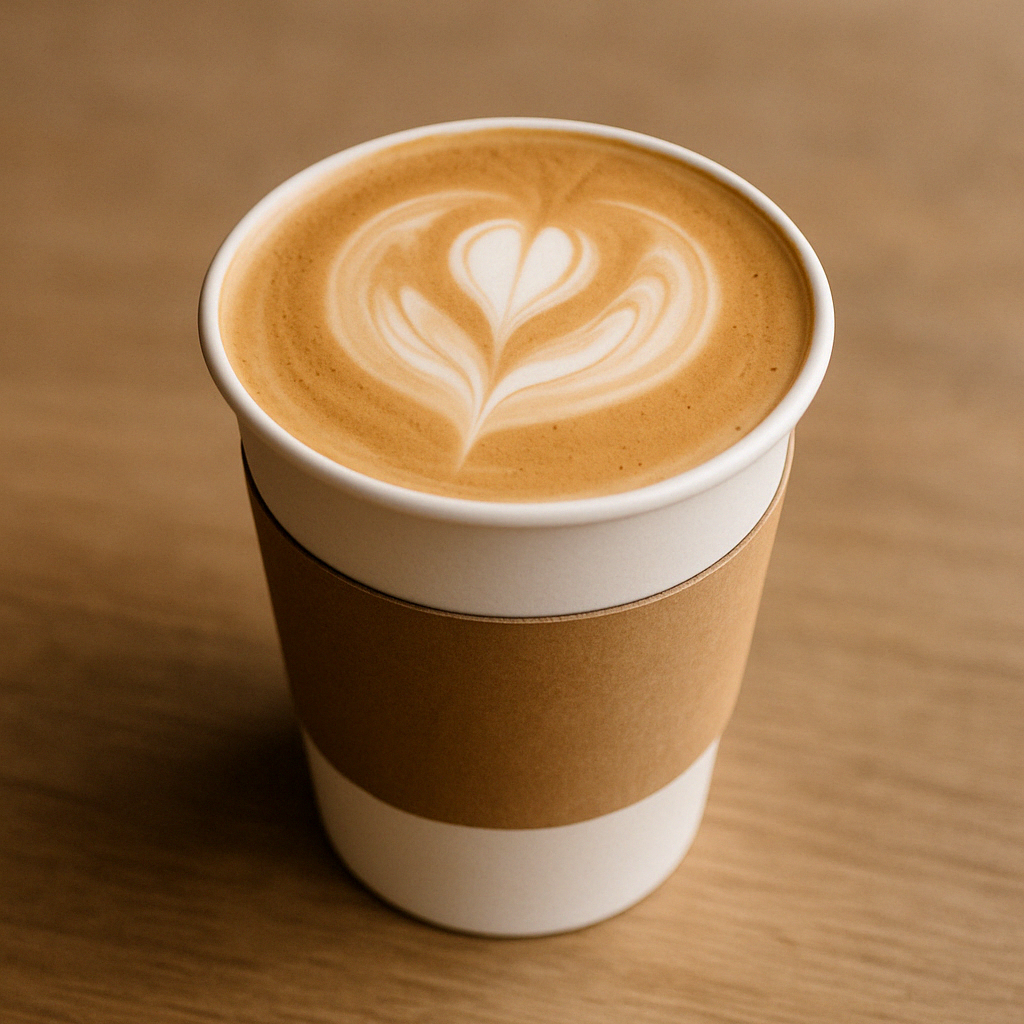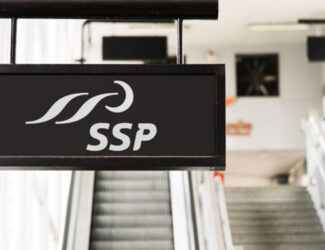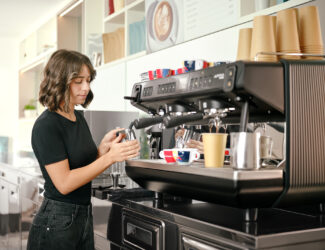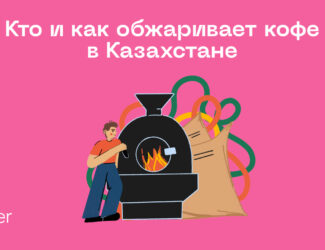
Amid Economic Anxiety, Coffee Becomes a Symbol of Small Acts of Control
As recession warnings grow louder and the cost of living continues to climb, many people are making financial adjustments, big and small, in response to economic uncertainty. From delaying large purchases to reconsidering travel and lifestyle habits, the pressure of a looming downturn is reshaping consumer behavior across the board.
Yet beyond the rational choices lies another phenomenon: emotionally driven, symbolic gestures of self-denial. These small acts, while economically negligible, provide a psychological sense of control in an increasingly unpredictable financial climate.
For columnist Emma Brockes, that gesture centers around takeaway coffee.
“I’ve always used coffee as a personal barometer,” she writes. “Skipping my usual flat white — now nearing £4 — doesn’t drastically affect my finances. At one cup a week, I’m saving about £200 a year. But emotionally, the impact feels far greater.”
This sense of moral accomplishment echoes broader conversations about personal responsibility in financial planning. Brockes points to past critiques of millennial spending habits — such as viral remarks about avocado toast and cafe coffees impeding home ownership — as examples of misplaced blame. In her view, real financial security isn’t achieved by giving up coffee, but by overhauling nearly every aspect of one’s spending.
She recalls the example of her late aunt, a single mother and bookkeeper who paid off her mortgage within a decade through extreme frugality. Her lifestyle, built around sacrifice and minimalism, became less about necessity and more a personal philosophy of self-restraint — one Brockes views with a mix of admiration and unease.
“For many of us, the real challenge is gauging how serious the downturn is and what kind of sacrifices are actually necessary,” Brockes reflects. “History shows markets can rebound. So do we respond with panic or with patience?”
Economic history offers a sobering perspective: the 2008 financial crisis wiped 57% off the S&P 500 index, and during the pandemic, U.S. stocks plunged by 37%. The Great Depression saw a staggering 90% decline in Wall Street’s value. Each crisis brought lasting lessons — both in market strategy and in how people psychologically brace for loss.
Now, with tariffs on luxury goods expected to rise in the U.S., a quiet shift may be underway. As during past downturns, conspicuous consumption may again give way to understated choices — not necessarily out of necessity, but out of changing social norms.
In the end, Brockes concludes, the occasional takeaway coffee might be a worthwhile indulgence — not for its financial value, but for its emotional return.
“I’ve done the maths,” she writes. “And £200 a year is worth it for that small ping of happiness. Let’s not be miserable. Buy the coffee.”



